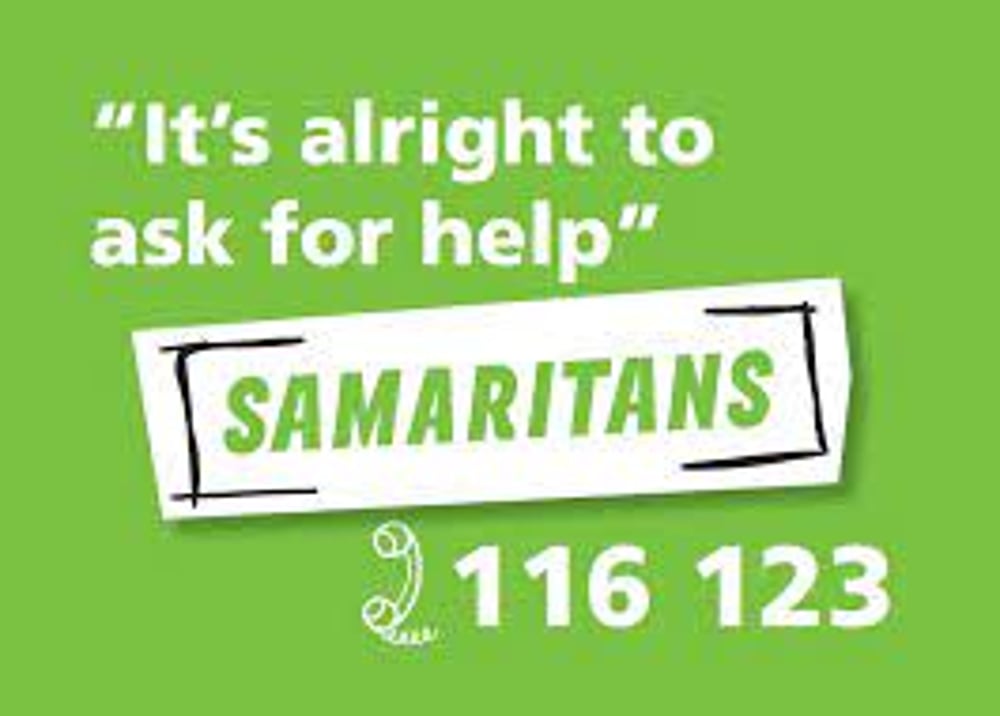Contact us
If you would like more information or have any questions, please don’t hesitate to get in touch and contact us.
Warning signs of Suicide
What primary services do you offer?
If someone is having suicidal thoughts, there may be a number of behavioural or physical changes which could provide some insight that something might not be right.
These changes could be subtle, and you will most likely notice several signs rather than just one or two.
As with all aspects of mental health no two people are the same and everyone reacts and behaves differently.
Non-verbal indicators could include:
• Social withdrawal
• A persistent drop in mood
• Disinterest in maintaining personal hygiene or appearance
• Uncharacteristically reckless behaviour
• Poor diet changes, rapid weight changes
• Being distracted
• Anger
• Insomnia
• Alcohol or drug abuse
• Giving away sentimental or expensive possessions
Indirect verbal expressions may include:
•Hopelessness
• Failing to see a future
• Believing they are a burden to others
• Saying they feel worthless or alone
• Talking about their death or wanting to die.
This list is not exhaustive.
Reasons for suicidal feelings
The reasons that people take their own lives are often very complex. Factors influencing whether someone is likely to be suicidal include: Risk factors – sometimes called vulnerability factors, these factors increase the likelihood of suicidal behaviour.
Risk factors include:
• Previous suicide attempts
• History of substance abuse
• History of mental health conditions – depression, anxiety, bipolar, PTSD
• Relationship problems – conflict with parents and / or romantic partners
• Legal or disciplinary problems
• Access to harmful means, such as medication or weapons
• Recent death or suicide of a family member or a close friend
• Ongoing exposure to bullying behaviour
• Physical illness or disability.
